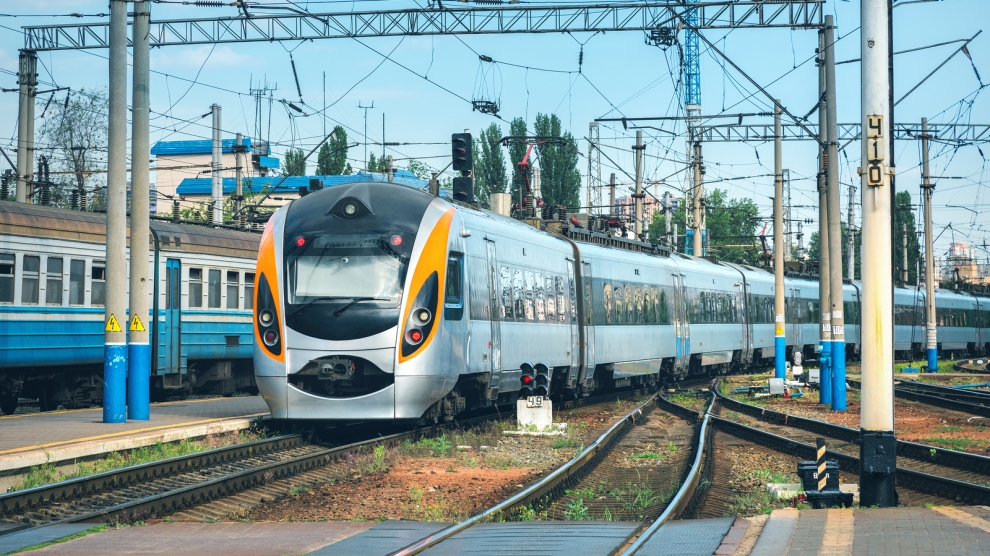In a bid to boost connectivity and economic growth in the Eastern Partnership (EaP) countries, the European Commission and the World Bank have co-authored a Trans-European Transport Network (TEN-T) Investment Action Plan that identifies priority projects in Armenia, Azerbaijan, Belarus, Georgia, Moldova and Ukraine.
Together, the projects will require an estimated investment of almost 13 billion euros and foresee a total of 4800 kilometres of road and rail, six ports, and 11 logistics centres.
European Commissioner Johannes Hahn, responsible for European neighbourhood policy and enlargement negotiations, said: “The completion of the Indicative TEN-T Investment Action Plan is a joint commitment to deliver tangible results for citizens across the region. The plan will assist decision-makers in prioritising strategic investments in transport infrastructure with the aim of completing the TEN-T network defined as one of the 20 deliverables for 2020 in the Joint Declaration of the last Eastern Partnership Summit in Brussels.”
Commissioner for Transport Violeta Bulc added: “Enhanced transport connectivity both within the Eastern Partnership region, and between the EaP region and the EU has the potential to bolster economic growth and create job opportunities. The plan shall also serve to highlight the importance of road safety as well as digital solutions in new projects, and to align design standards with current EU practices.”
The projects included in the investment plan were identified together with the Eastern Partnership countries and with the assistance of the international financial institutions. Those projects will make possible the construction and rehabilitation of new and existing roads, rail, ports, airports as well as logistical centres and border crossing points. The priority investments include both short-term projects to be completed by 2020 and long-term projects aiming to improve transport links on the TEN-T by 2030. Along with infrastructural investments, the plan aims to bring forward key reforms for the transport sector and improve road safety in the region. The development of project on the TEN-T is expected to foster regional development by improving access to economic opportunities, harnessing the benefits of industrial agglomeration and increasing market competition.






[…] launches infrastructure action plan for Eastern Partnership countries – Emerging Europe European Commission launches infrastructure action plan for Eastern Partnership countries Emerging […]